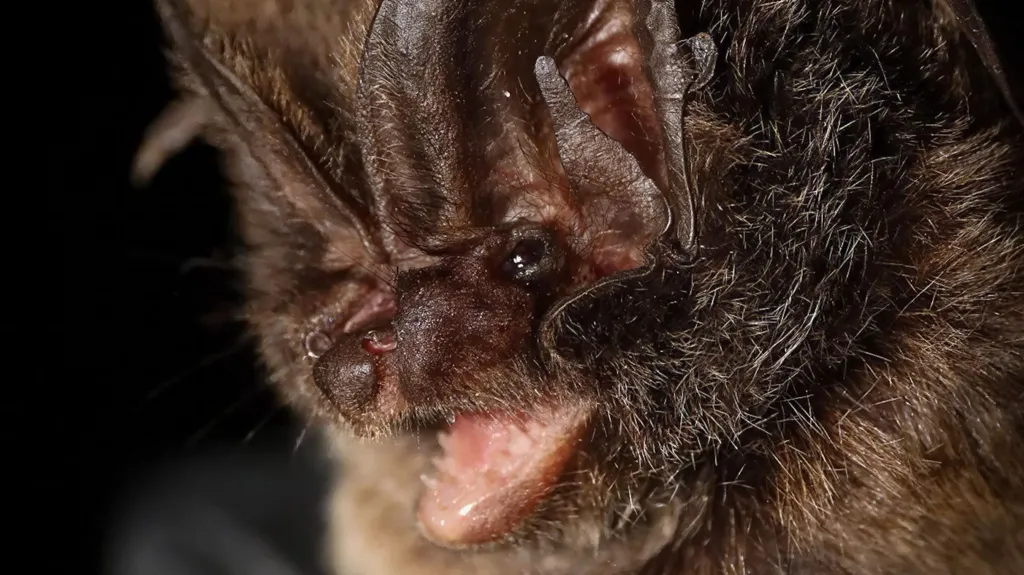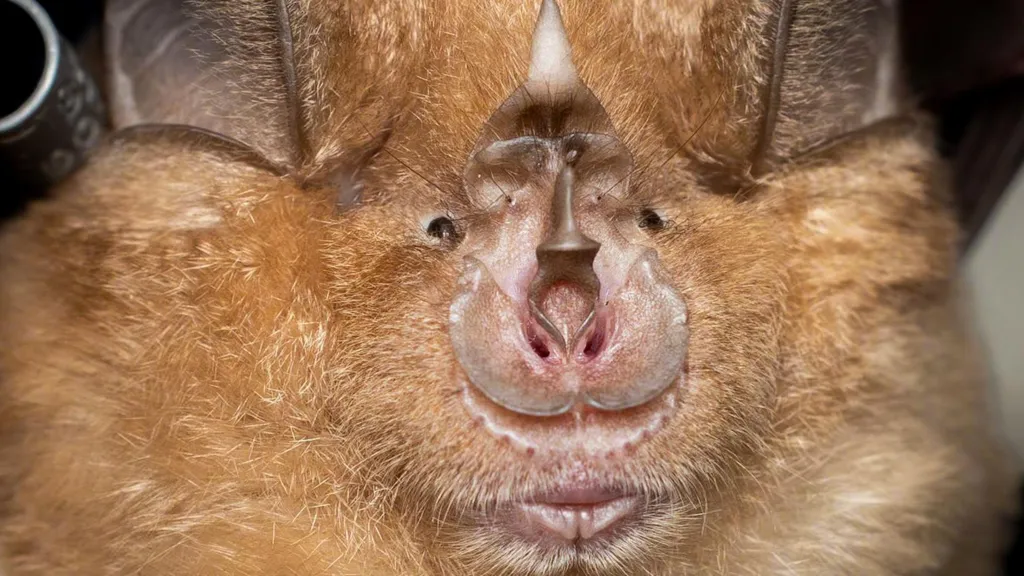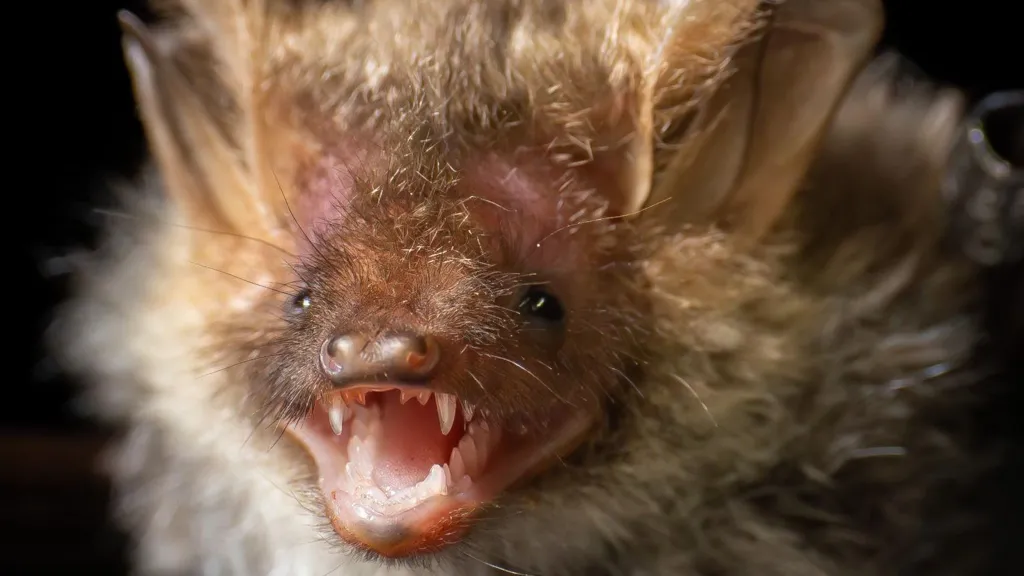A recent study at the Longleat Estate, renowned for its safari park, has identified several of the UK’s rarest bat species.
Over a two-year research project, a total of 14 bat species were documented near Warminster, Wiltshire, including the endangered Bechstein’s bat.

Dr. Tom Lewis, the park’s conservation and research manager, expressed his excitement about the findings, stating, “It’s remarkable to have so many native species thriving and breeding at Longleat, highlighting the quality of the habitat here for these creatures.”
Among the species discovered, three have small populations, while another four are listed on a conservation red list. Dr. Lewis emphasized the ecological importance of bats, noting their roles as pollinators and seed dispersers.
It is believed that Bechstein’s bats are breeding in Longleat, as they depend on “well-connected wooded landscapes,” which have been diminishing over time. Acoustic detectors and trapping surveys were employed to identify the species present on the estate.

The study will continue, with licensed ecologists from Gareth Harris Ecology & Conservation and the Wiltshire Bat Group actively participating.
Funding for the research has been provided by Farming in a Protected Landscape, overseen by Cranborne Chase National Landscape.
Dr. Lewis also reassured the public that bats prefer to avoid human interaction: “If you find one in your house, simply open the windows, turn off the lights, and leave the room. The bat will find its way out.”
The surveys also recorded sightings of the rare Greater horseshoe and Lesser horseshoe bats, along with other unusual species such as the Barbastelle bat, Serotine, Leisler’s bat, and Nathusius’ pipistrelle bat.
